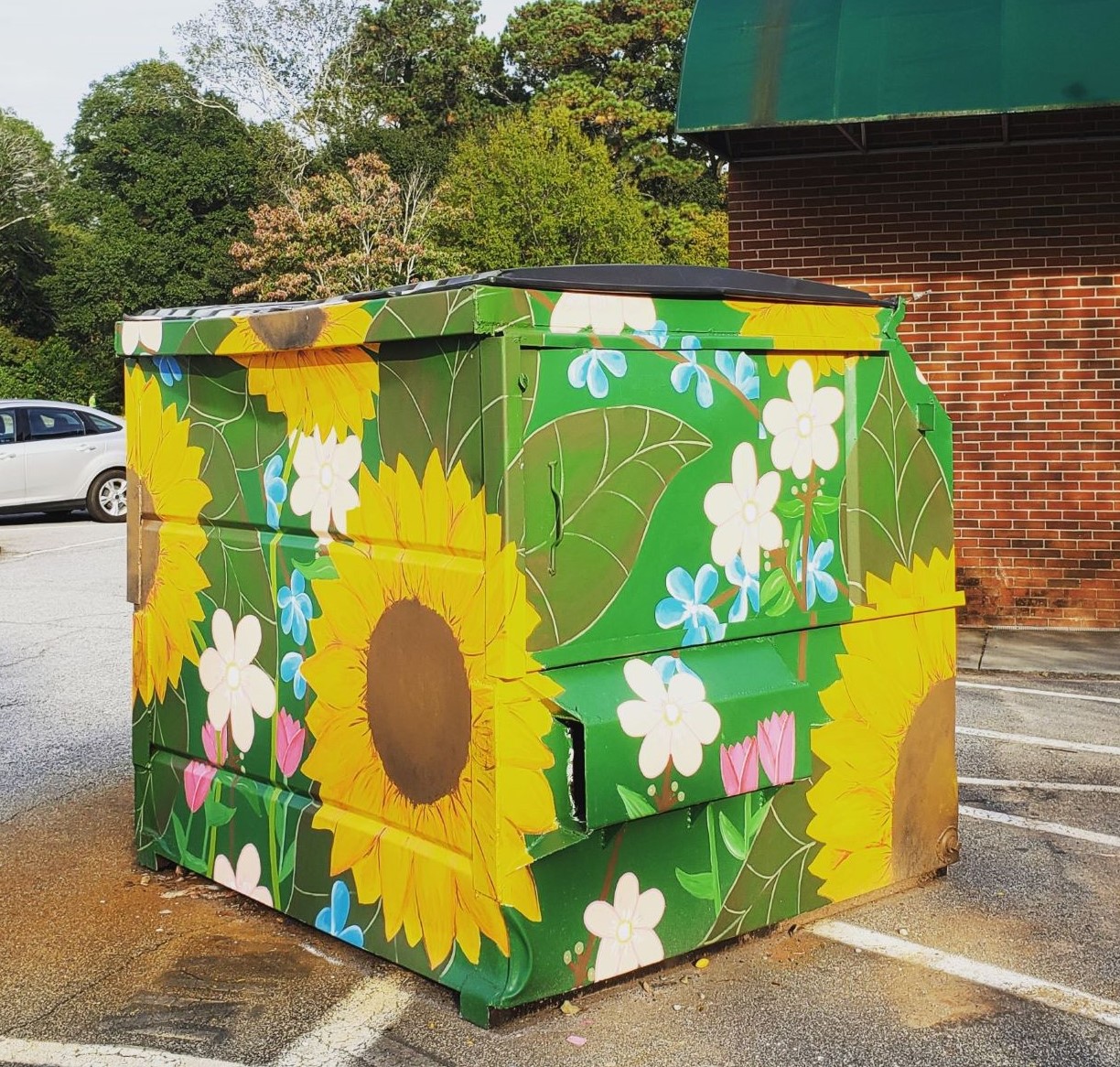Dumpsters subjected to trash talk

Did you know that “dumpster” is a generic trademark, falling into the same category as words like Kleenex or Band-Aid? In 1937, the Dempster brothers of Knoxville, Tennessee, patented a system called the Dempster-Dumpster, which mechanically emptied standardized metal containers. Over time, these metal containers were simply referred to as dumpsters, and the Dempster brothers’ brainchild became a household name.
What was once considered innovative has, over time, acquired a bad rap. Today, the word “dumpster” carries negative connotations when, frankly, the containers did nothing to warrant society’s general disdain. Most of us accept and perpetuate the generalization that dumpsters are bad without ever pausing to form our own opinions. Dumpsters fall victim to constant disparagement, often called things such as an “eyesore” or even “a freakin’ dumpster.” If we could dig deeper and view dumpsters as the purposeful objects that they are, we might be able to break the constant cycle of defamation that has plagued dumpsters for decades.
Trash is unquestionably a problem. The average person in the U.S. generates 4.9 pounds of trash per day. That’s almost 35 pounds of trash each week per person, and more than 100 pounds in a mere three weeks. Given how much trash we generate, where would we be without dumpsters? Plain and simple, they’re necessary. Rather than shooting the messenger, perhaps it makes more sense to evaluate our own behavior. Look inward.
When asked for comment, a bird landed on the dumpster and sang its praises.